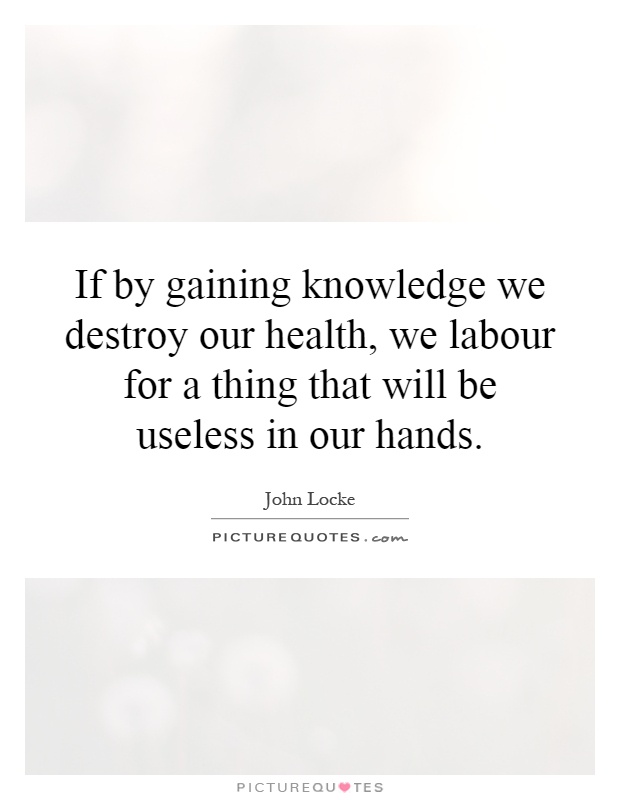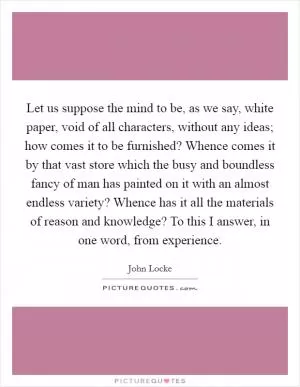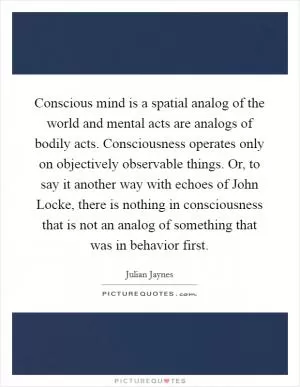If by gaining knowledge we destroy our health, we labour for a thing that will be useless in our hands

If by gaining knowledge we destroy our health, we labour for a thing that will be useless in our hands
John Locke, a prominent philosopher of the Enlightenment era, believed in the importance of knowledge and education. However, he also recognized the importance of maintaining one's health and well-being. In his view, gaining knowledge should not come at the expense of one's health, as it would render the knowledge useless.Locke's philosophy on the relationship between knowledge and health can be seen in his famous quote, "If by gaining knowledge we destroy our health, we labour for a thing that will be useless in our hands." This statement highlights the idea that knowledge is only valuable if it can be used and applied effectively. If one's health is compromised in the pursuit of knowledge, then the knowledge gained becomes meaningless.
Locke believed that a healthy mind and body were essential for the proper functioning of an individual. He argued that without good health, one would not be able to fully utilize the knowledge they had acquired. In his view, knowledge should be a tool to improve one's life and the lives of others, not something that causes harm.
Furthermore, Locke believed that a balance between knowledge and health was necessary for a fulfilling and meaningful life. He emphasized the importance of taking care of one's physical and mental well-being in order to fully appreciate and benefit from the knowledge one possesses.
In today's fast-paced and competitive world, it is easy to prioritize knowledge and education over health. However, Locke's philosophy serves as a reminder that one should not sacrifice their well-being in the pursuit of knowledge. It is important to maintain a balance between the two in order to lead a fulfilling and successful life.












 Friendship Quotes
Friendship Quotes Love Quotes
Love Quotes Life Quotes
Life Quotes Funny Quotes
Funny Quotes Motivational Quotes
Motivational Quotes Inspirational Quotes
Inspirational Quotes